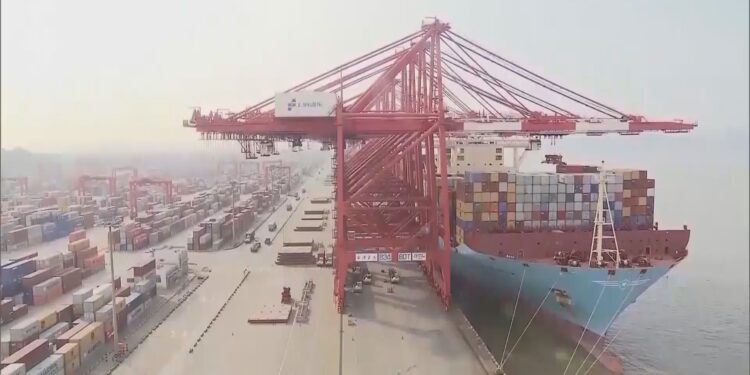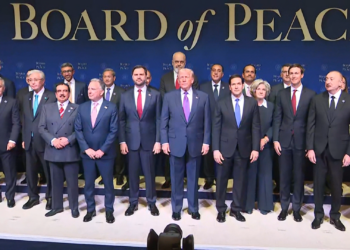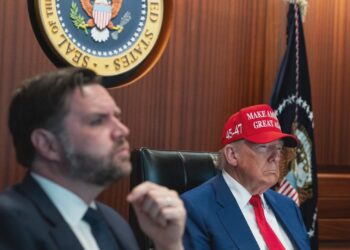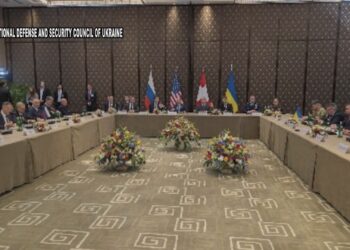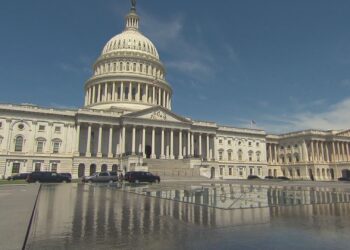WASHINGTON, D.C. – President Trump wants to roll out a new plan for tariffs. He has asked his advisors to look into so-called ‘reciprocal’ tariffs, which would increase tariffs to match the tax rates that other countries charge on imports.
“Whatever they charge us, we’re charging them,” said President Trump.
The White House said the US has been treated unfairly by trading partners, both friend and foe. They believe implementing this plan would make trade more balanced and grow the economy, but economists at the Tax Foundation, a nonpartisan tax nonprofit organization, have their doubts.
“So we know that import tariffs in general are harmful to the us economy and we’re looking at what’s going on recently,” said Alex Durante, an economist with the Tax Foundation.
Durante said this issue is somewhat overblown because the tariff rates are generally two to three percent, which is what other countries impose on us.
“So, it is true there are some countries that have higher tariffs on some of their exports than what we have on their imports to us,” said Durante. “So Europe was given as one example, particularly the automobile industry. Vietnam, Thailand, India have also been cited as examples where they have higher tariffs on some of their goods than we do on theirs.”
Durante said we need to look back at two potential free trade agreements from Trump’s first term in office.
“One was the Trans Pacific Partnership which Vietnam was a part of as well as some other countries in the pacific region that would’ve addressed this issue,” said Durante. “We also had the Trans Atlantic Partnership with the EU that was being negotiated back in Trump’s first term. President Trump withdrew from the negotiations of those free trade agreements. It would’ve addressed a lot of these issues. It would’ve brought down any remaining tariffs between both of those countries where they had strong intellectual property protections for US industries. They were generally recognized as very good agreements for the US and other countries signed onto them which means they also believed they would be benefiting from these negotiations.”
Durante believes the White House should instead look at a free trade agreement with the EU, our largest trading partners.
“I think that’s something we should be moving in the direction of but I don’t think this kind of saber [inaudible] is helpful to bring to the table,” said Durante.

